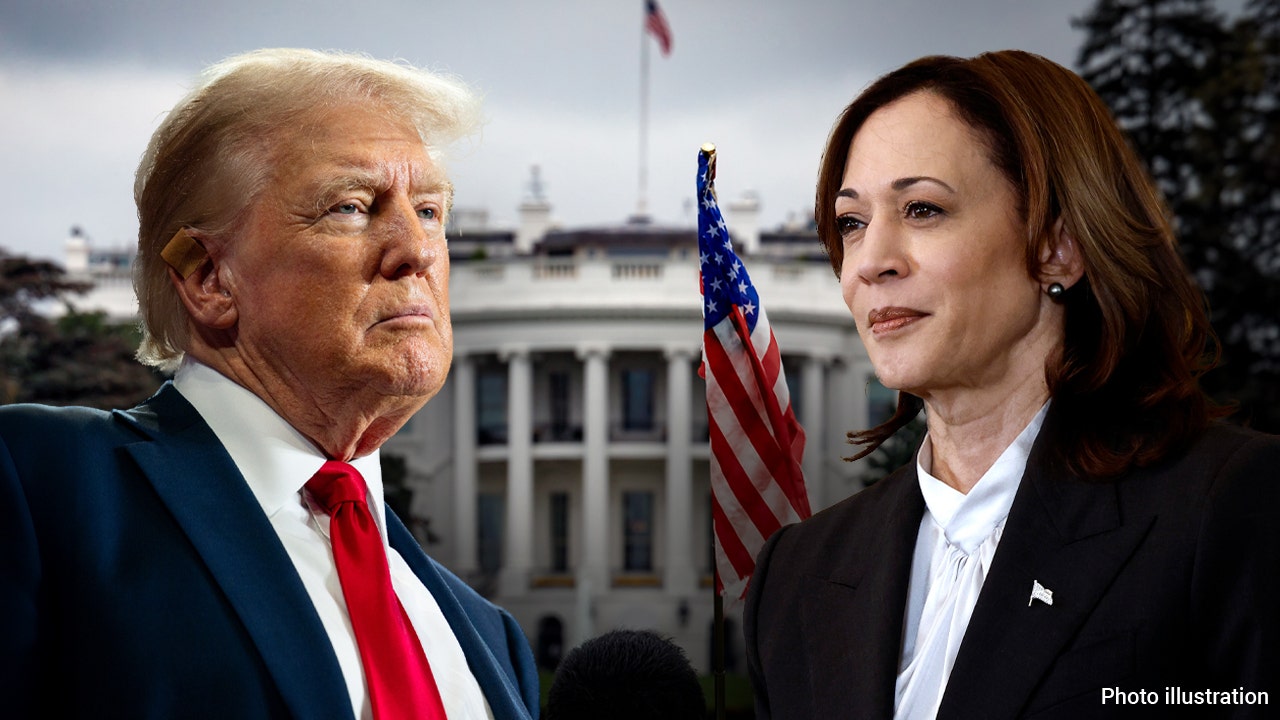If we do not prioritize solidarity, this dangerous and anti-democratic project will succeed. Far more than just a slogan or hashtag, solidarity can orient us toward a future worth fighting for, providing the basis of a credible and galvanizing plan for democratic renewal. Instead of the 20th-century ideal of a welfare state, we should try to imagine a solidarity state.
We urgently need a countervision of what government can and should be, and how public resources and infrastructure can be deployed to foster social connection and repair the social fabric so that democracy can have a chance not just to limp along, but to flourish. Solidarity, here, is both a goal worth reaching toward and the method of building the power to achieve it. It is both means and ends, the forging of social bonds so that we can become strong enough to shift policy together.
Historically, the question of solidarity has been raised during volatile junctures like the one we are living through. Contemporary conceptions of solidarity first took form after the democratic revolutions of the 18th century and over the course of the Industrial Revolution. As kings were deposed and the church’s role as a moral authority waned, philosophers and citizens wondered how society could cohere without a monarch or god. What could bind people in a secular, pluralistic age?
The 19th-century thinkers who began seriously contemplating and writing about the idea of solidarity often used the image of the human body, where different parts work in tandem. Most famously, the French sociologist Émile Durkheim put solidarity at the center of his inquiry, arguing that as society increased in complexity, social bonds between people would strengthen, each person playing a specialized role while connected to a larger whole. Solidarity and social cohesion, he argued, would be the natural result of increasing social and economic interdependence. But as Durkheim himself would eventually recognize, the industrial economy that he initially imagined would generate solidarity would actually serve to weaken its fragile ties, fostering what he called anomie, the corrosive hopelessness that accompanied growing inequality.
In the United States, solidarity never achieved the same intellectual cachet as in Europe. Since this nation’s founding, the concept has generally been neglected, and the practice actively suppressed and even criminalized. Attempts to forge cross-racial solidarity have met with violent suppression time and again, and labor organizing, effectively outlawed until the New Deal era, still occupies hostile legal ground. Decades of market-friendly policies, promoted by Republicans and Democrats alike, have undermined solidarity in ways both subtle and overt, from encouraging us to see ourselves as individual consumers rather than citizens to fostering individualism and competition over collectivity and cooperation.






